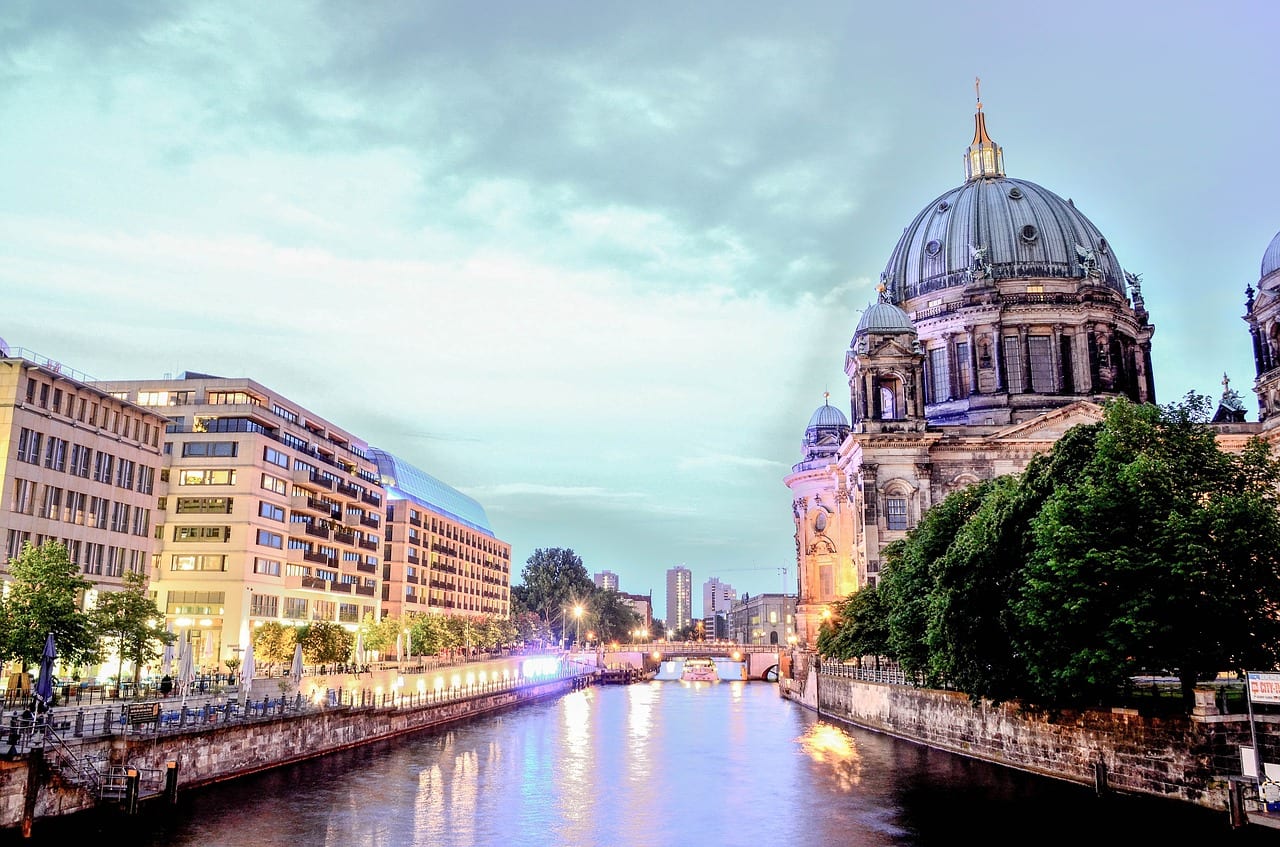
The Best Countries for Graduates Seeking Work
Coming out of university can be terrifying and the dreaded job hunt does nothing for graduate’s self-esteem. Months can pass with constant rejections and feedback of ‘we went for somebody with more experience’. Many are left with little choice but to put their career dreams to the side for a time and take up roles as baristas and waitresses just to make ends meet. However, if you’re going to take a low-entry job or a role in hospitality, why not enrich the experience by doing it in a new country?
Countless graduates from around the world leave the gloom of their motherland and head for pastures new with working visas in hand. Bars, restaurants and retails stores are rich with foreign accents around the globe as twenty-somethings try and carve a new path in life. However, where are the best places to hop on a plane to?
 Australia
Australia
A favourite of anybody looking for a new way life, Australia is a graduate’s dream. Those aged 18 to 30 can secure a working holiday visa for £190 which covers up to 12 months. However, there are two catches. Workers cannot stay with the same employer for longer than six months and graduates may be asked to prove they have sufficient funds to set themselves up; around £1950 is the norm.
Western Australia has a great demand for expats, but it is likely many graduates will head for the Gold Coast, Sydney or Melbourne. Café and bar work is easy to land, particularly with previous experience. No experience is required for farm work in the outback and, often, these roles pay well and accommodation is provided.
 Singapore
Singapore
Although not a typical choice for graduates, there are over 110,000 expatriates calling Singapore home. There are also countless multinational companies, many seeking English speakers and pushing career advancement as a job perk.
Despite accommodation costs being expensive, food and transport is very affordable. Graduates under 30 who want to work in Singapore will have to pay an issue fee of £75 to secure a place on the Work Holiday Programme. This entitles graduates to at least six months of working in the country.
 Germany
Germany
If you’re an EU national you have the right to move to and work in Germany. Despite Brexit, Brits are more than welcome to continue to do so whilst negotiations are happening. There is also utterance that those living and working in an EU country when decisions have been made will be able to remain there, so don’t let uncertainty put you off at this moment.
Unemployment levels in Germany are much lower than other European countries, including Spain, Italy and the UK. Furthermore, Germany benefits from affordable living costs compared to the trendy Nordic countries that are gaining popularity with graduates.
University leavers wanting to secure a job in Berlin will be able to rent an apartment for around £300 a month, but it is worth remembering the average wage is £10 per hour. To make yourself more desirable try and pick up German as a second language.
 Canada
Canada
The International Experience Canada programme is open to anybody aged 18 to 35. Applicants must pay a £90 fee and show funds in their account of no less than £1,600. Known as IEC, applicants will be placed into pools of international candidates and selected to fill a quota from each country. Candidates will remain in their pool until they receive an invitation to apply for a work permit, are removed at the end of the season or are no longer eligible.
Invitations to apply for working permits are issue to international interns first, followed by young professionals and, finally, those applying for a working holiday.
Although moving to Canada may seem like a laborious task due to the paperwork and hoops you have to jump through, it is a very popular location for graduates. There are many hospitality and construction jobs, but many graduates head to the likes of Whistler to work a ski season.
 New Zealand
New Zealand
Like Australia, the cost of living can be expensive in New Zealand, but rent is often very affordable or comes as part of a work package, particularly with farming jobs. In the hotspots of Queenstown, Auckland and Wellington graduates can expect to land hospitality roles easily, whereas it tends to be the more construction side of things in Christchurch.
Temporary work is rife over both New Zealand’s islands and tends to be in the form of fruit picking. It can be a back-breaking job with an average hourly rate of £10, but it does allow you to top up your tan and spend every day enjoying New Zealand’s beautiful flora and fauna.
Don’t forget, if you are ever asked to fly abroad as part of your job, always invest in business travel insurance. Affordable medical insurance for professionals abroad, can go someway to saving you lots of money should something go wrong.
